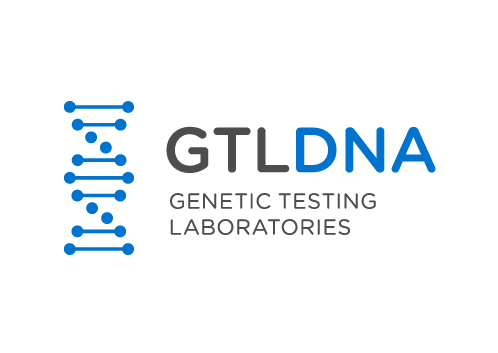What is Celiac Disease?
Also known as celiac sprue and gluten-sensitive enteropathy, celiac disease is an autoimmune digestive disorder. It is also hereditary – people who have a first-degree relative affected by the disease are considerably more at-risk than others. 1 in 100 people are affected by a heightened sensitivity to gluten; however the occurrence of celiac disease is somewhat rarer than gluten sensitivity.
Gluten is a protein found in wheat, rye and barley among other things. In celiac suffers, gluten triggers an immune response which attacks the small intestine, damaging the villi (small hair-like protrusions that line the small intestine and bolster the absorption of nutrients). By damaging the villi, the body’s ability to absorb nutrients (particularly fat, calcium and iron) is reduced and consequences celiac disease could potentially be life-threatening.
Why take a Celiac Genetic Predisposition Test
- Unlike serology testing/ blood antibody testing, you do not need to be on a gluten-containing diet to take our test*.
- You do not need any blood samples – all we require is quick mouth swab sample.
- It can save you a lot of discomfort associated with other celiac tests which might require blood draws.
- Following a gluten-free or reduced-gluten diet makes sense if you have positive genetic test results – otherwise there is a chance you could be doing it for nothing.
*Due to the fact what we offer is a genetic test, the results will not be affected if the individual taking the test is on a gluten free diet.
Science behind our Celiac Disease Genetic Testing
Celiac disease does not always manifest in clear symptoms – many of the symptoms are shared with a range of other diseases. We offer two types of tests:
- Standard
- Extended
Standard Test (For £69): Gain valuable insights with an analysis of the key genetic markers linked to celiac disease. This test helps you to refine complex diagnoses, strengthen positive serology or biopsy findings and proactively manage your celiac disease risk.
For an example of results, please click below:
Extended Test (For £99): Take control of your health with a comprehensive analysis of 16 genetic markers. This test offers additional benefits: Achieve peace of mind with a definitive exclusion of celiac disease (negative result), understand your personal risk level for developing celiac disease and gain valuable genetic information for your celiac-affected family members.
For an example of results, please click below:
The Standard Test can point you towards further testing with serology or a biopsy for confirmation. The Extended Test can, in some cases, provide a definitive answer, offering peace of mind.
Note that the test results cannot confirm you are Celiac at the time of testing. If tests come back positive, the next step in diagnosing celiac disease should be discussed with your health specialist.
Celiac Disease Genetic Testing is Recommended when:
- An individual exhibits multiple symptoms associated with Celiac disease
- An individual has been following a gluten-free diet but has not carried out any celiac tests before.
- Individuals who have first degree, blood relatives who are celiac sufferers.
- Serology (blood) testing/ antibody testing do not provide clear results
FAQs
Can I treat Celiac Disease?
The only way you can treat celiac disease is by following a rigorous gluten-free diet (GFD). Such a diet eliminates food such as bread, pasta and beer and other foods that contain wheat, spelt rye and barley. Damage can be caused to the intestine by consuming even the smallest traces of gluten, such as that can be found on a toaster or cutting board. It is recommended that you tailor your diet according to the severity of your celiac disease. In cases where one has a milder case of the disease, you do not have to completely cut out certain foods from your diet, but merely consume less of the food in question.
Nowadays one can easily find gluten-free foods on the market. Foods that are rich in gluten can be substituted by gluten-free grains and starches like buckwheat, corn, millet and legumes. Other foods that are allowed in a gluten-free diet include eggs, all meats, milk products (if lactose intolerance is not present) and vegetables.
Order Now

